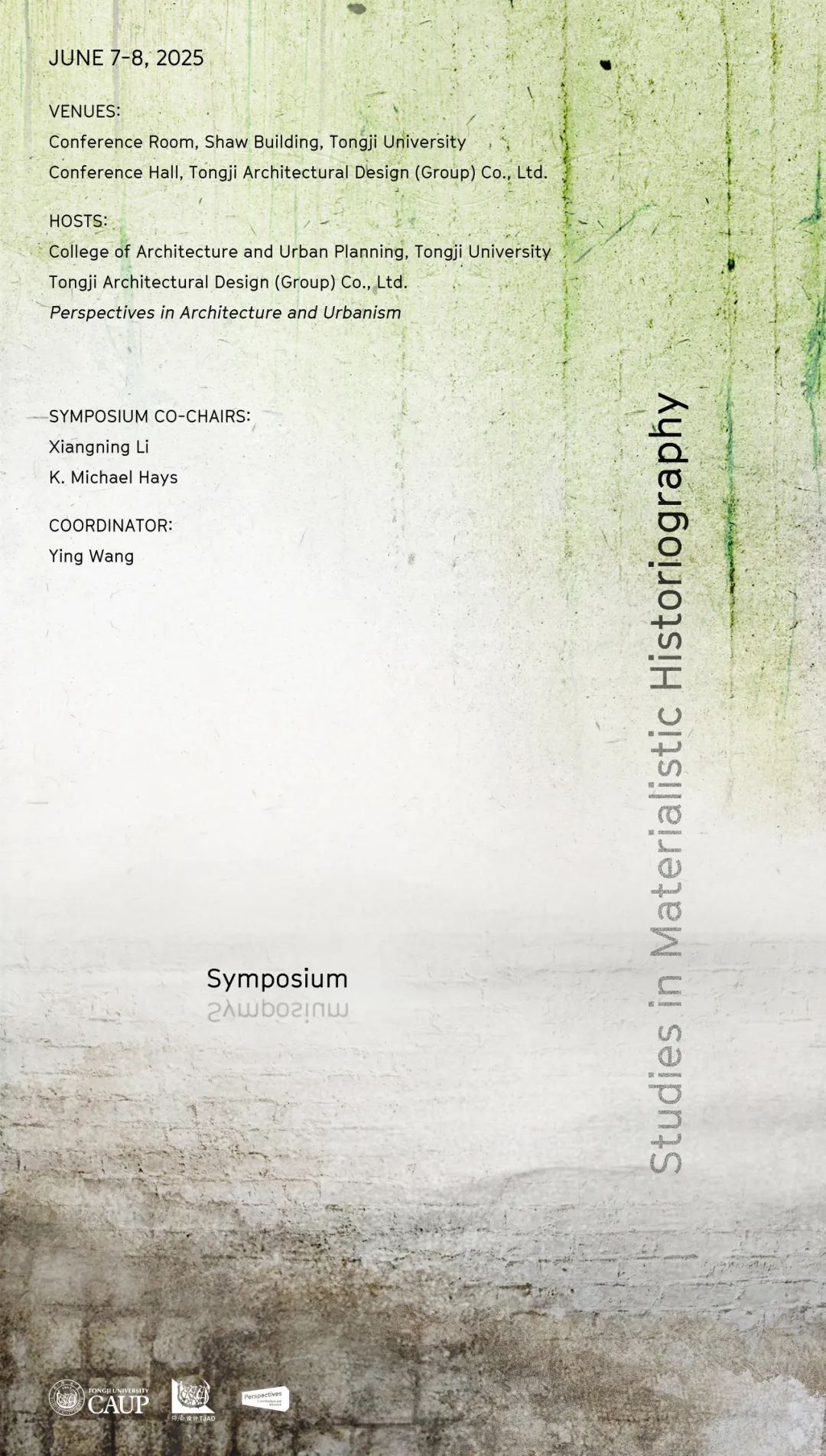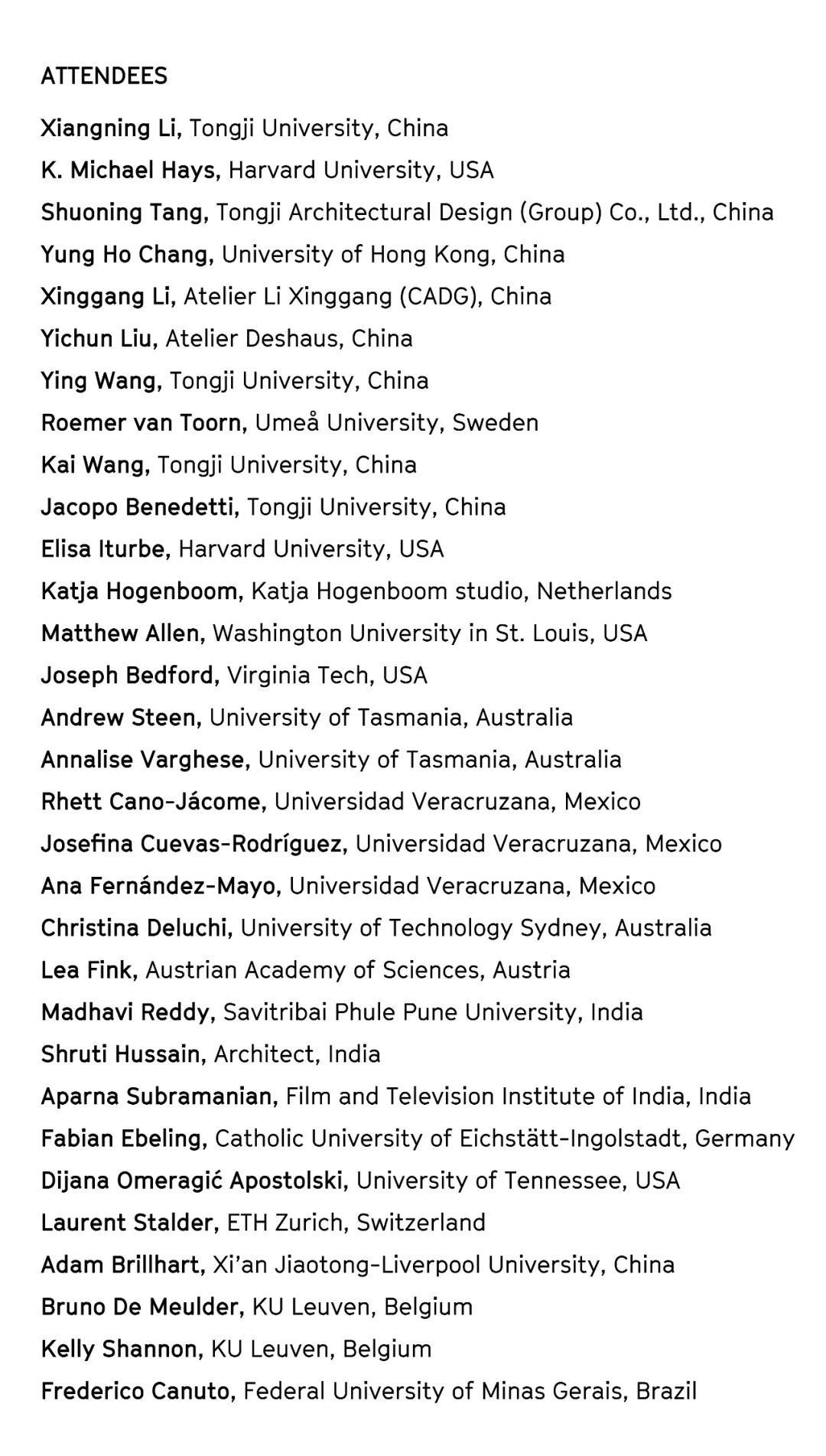

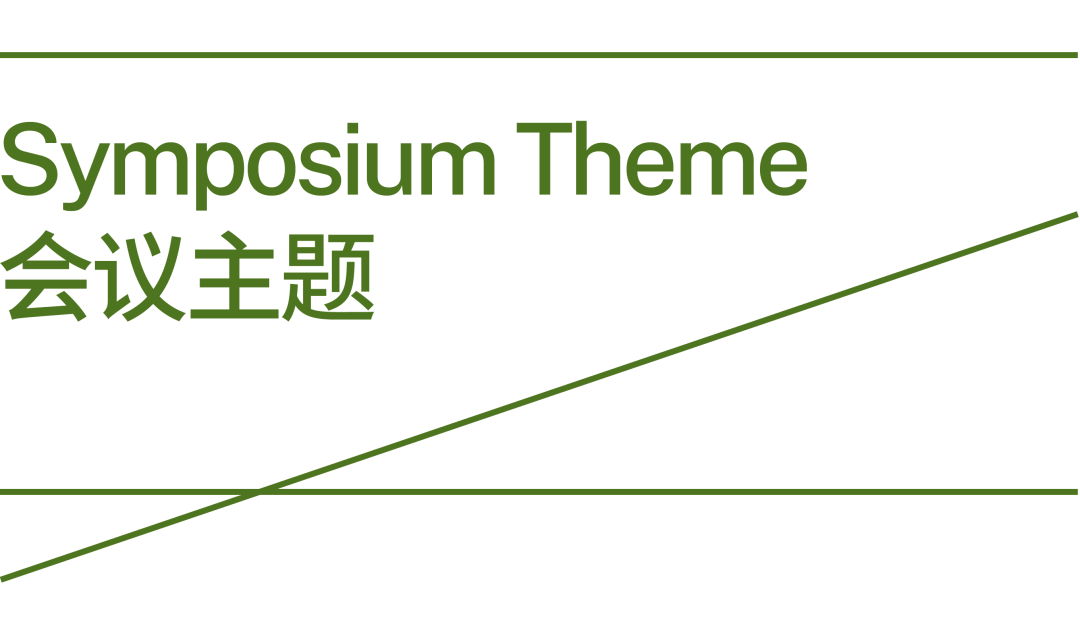
Studies in Materialistic Historiography
In Walter Benjamin’s Theses on the Philosophy of History, the phrase “materialistic historiography” appears as the negation of traditional historicism’s “causal nexus” and the name of Benjamin’s overall problematique of writing history—historiography—as the production of memory traces, remnants, and chains. The adjective “materialistic” conjures a technicity of perceptual and mnemonic programs, installed prior to the history-grapher’s aggressive interruption, dislocation, and reinscription of the genealogical diagram, an effort of marking and scripting which might— just possibly, and only weakly messianically—set up possible frameworks for possible futures.
Perspectives in Architecture and Urbanism invites explorations of the examples and methods of materialistic historiography which, through close readings of objects and their conditions of possibility, move beyond the merely representational and mimetic conception of buildings, user identities, and professed politics. We recognize that while the overtaking of critical theory by so-called cultural studies in the 1990s rejuvenated architecture and urbanism’s sense of social urgency, the actual result of neopragmatism, identity politics, extraction critique, and new historicism was the return to old humanist motifs of the everyday, the body, the determinant context, and the general ignoring of the actual materialistic basis of the social imaginary already inscribed but undetectable to these methods.
For upcoming issues of Perspectives in Architecture and Urbanism, we imagine writings conceived and produced in the frame of “materialistic historiography.” We welcome the possibility of hybrid constructions and models of theory and practice in which, for example, a symptomatic reading of an architectural project confronts not just the fact but the forms of climate change. Where a study of the movements of migration ponders the issue of research in an archive comprising only traces of things left behind. We hope for multiple “allo-history-graphics”—other iterations of historical inscription—that analyze or take issue with our formulation of the current problematic; that expand other ways of thinking about the present practice of history.

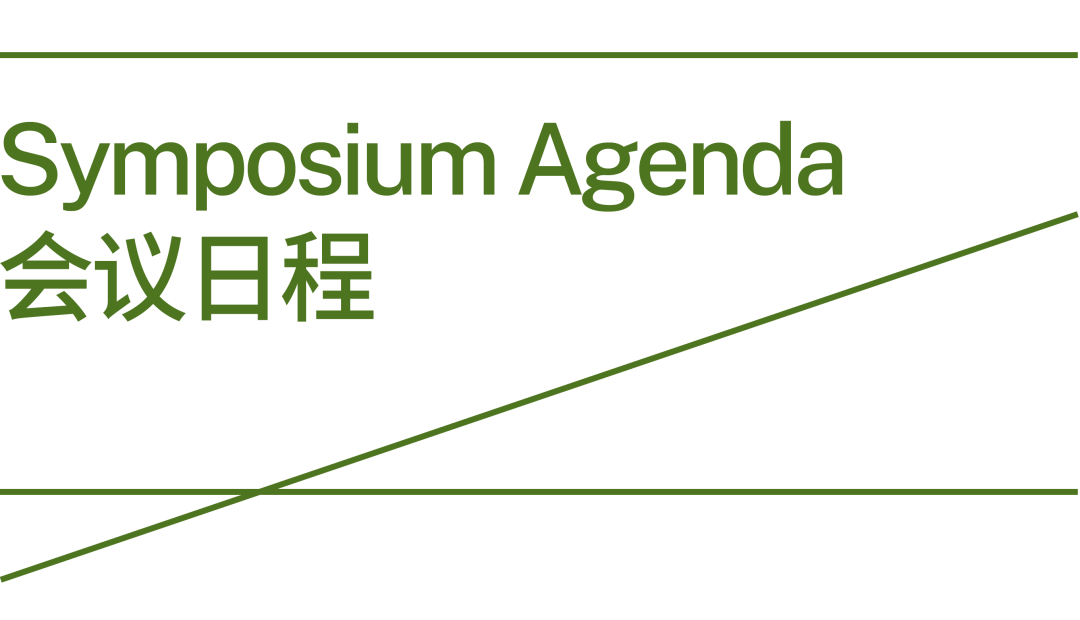
Conference Room, Shaw Building, Tongji University
2:00 PM Opening Speech
Xiangning Li, Tongji University, China
2:10 PM Introduction of the Theme
K. Michael Hays, Harvard University, USA
Session 1:
Forms of Materialism
Conference Room, Shaw Building, Tongji University
2:40 PM Remarks
K. Michael Hays
2:50 PM Forms of Untethering: Carbon Modernity & the Zero of Form
Elisa Iturbe, Harvard University, USA
3:05 PM Fabulating Tectonics: Towards an Intersectional Architecture
Katja Hogenboom, Katja Hogenboom studio, Netherlands
Roemer van Toorn, Umeå University, Sweden
3:20 PM Screenshots as Inscriptions: The Material Basis of the Digital Architectural Imaginary
Matthew Allen, Washington University in St. Louis, USA
3:35 PM After Materialism
Joseph Bedford, Virginia Tech, USA
3:50 PM Discussion
4:30 PM Closing of Session
Session 2:
Memory Traces
Conference Room, Shaw Building, Tongji University
4:50 PM Remarks
K. Michael Hays
5:00 PM The Architecture Heritage of the Cascades Female Factory Site
Andrew Steen, University of Tasmania, Australia
Annalise Varghese, University of Tasmania, Australia
5:15 PM Inscribing Resistance: Materialistic Historiography and Visual Accountability in the Feminist Vandalism of Mexico’s Urban Landscape
Rhett Cano-Jácome, Universidad Veracruzana, Mexico
Josefina Cuevas-Rodríguez, Universidad Veracruzana, Mexico
Ana Fernández-Mayo, Universidad Veracruzana, Mexico
5:30 PM A Tile, a Surface, a Monument(?) … Transformative Urban Practices in Bogotá, Colombia
Christina Deluchi, University of Technology Sydney, Australia
5:45 PM “‘Construction’ Presupposes ‘Destruction’”—Materialist Historiography in Walter Benjamin: How critical is the “Critical Reconstruction” at Walter Benjamin Square?
Lea Fink, Austrian Academy of Sciences, Austria
6:00 PM Discussion
6:40 PM Closing of Session
Sunday, June 8 (UTC+8)
Special Session
Conference Hall, TJAD
9:00 AM Welcome Speech
Shuoning Tang, Tongji Architectural Design (Group) Co., Ltd., China
9:15 AM Remarks
K. Michael Hays
9:25 AM Three Lessons from History
Yung Ho Chang, University of Hong Kong, China
9:45 AM Density and Emptiness
Xinggang Li, Atelier Li Xinggang (CADG), China
10:05 AM Re-cultivating Industrial Fragments
Yichun Liu, Atelier Deshaus, China
10:25 AM Discussion
Roundtable:
Archiving Contemporary Chinese Architecture
Conference Hall, TJAD
11:10 AM Introduction of “Archives: in Process”
Ying Wang, Tongji University, China
11:20 AM Discussion
Xiangning Li, K. Michael Hays, Shuoning Tang, Yung Ho Chang, Xinggang Li, Yichun Liu, Ying Wang, Roemer van Toorn, Kai Wang, Jacopo Benedetti, Elisa Iturbe.
Session 3:
Media Archaeology
Conference Room, Shaw Building, Tongji University
2:00 PM Remarks
K. Michael Hays
2:10 PM When the Proscenium Speaks: Exploring Cinema Spaces as Archives of Indian Cinema
Madhavi Reddy, Savitribai Phule Pune University, India
Shruti Hussain, Architect, India
Aparna Subramanian, Film and Television Institute of India, India
2:25 PM Film, Sculpture, Plan: A Media History of the Smart City
Fabian Ebeling, Catholic University of Eichstätt-Ingolstadt, Germany
2:40 PM Material Neoplatonism: Michelangelo’s Folios and/with/of Roman Fragments, 1515-1518
Dijana Omeragić Apostolski, University of Tennessee, USA
2:55 PM Discussion
3:35 PM Closing of Session
Session 4:
Material Systems
Conference Room, Shaw Building, Tongji University
3:55 PM Remarks
K. Michael Hays
4:05 PM What Can We Learn from a Revolving Door?
Laurent Stalder, ETH Zurich, Switzerland
4:20 PM Point by Point Decay: The Wood Maps of Timber Structures
Adam Brillhart, Xi’an Jiaotong-Liverpool University, China
4:35 PM The Mekong Delta, a Patchwork of Mud Fabrics
Bruno De Meulder, KU Leuven, Belgium
Kelly Shannon, KU Leuven, Belgium
4:50 PM Mud, Dust, Humans: Domestic Entanglements
Frederico Canuto, Federal University of Minas Gerais, Brazil
5:05 PM Discussion
5:45 PM Closing of Session
5:45 PM Concluding Remarks
K. Michael Hays
6:45 PM Special Lecture: Building Shanghai
Xiangning Li
7:15 PM Closing of Symposium
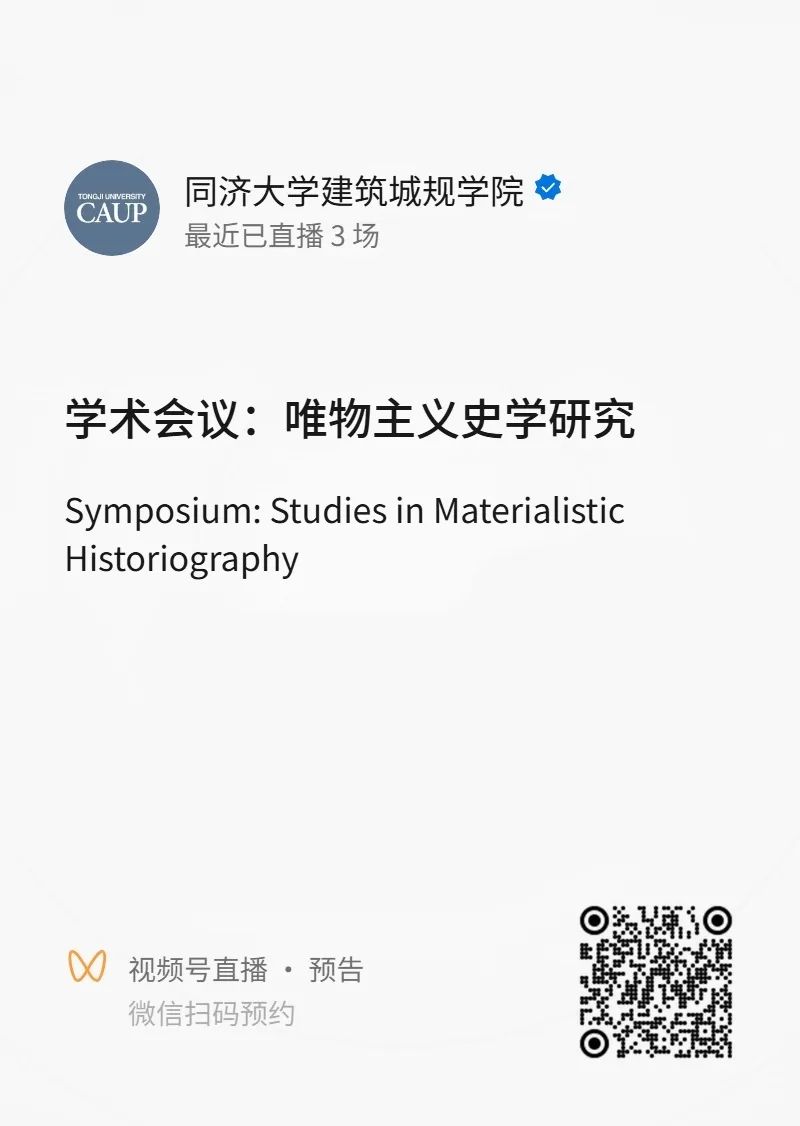
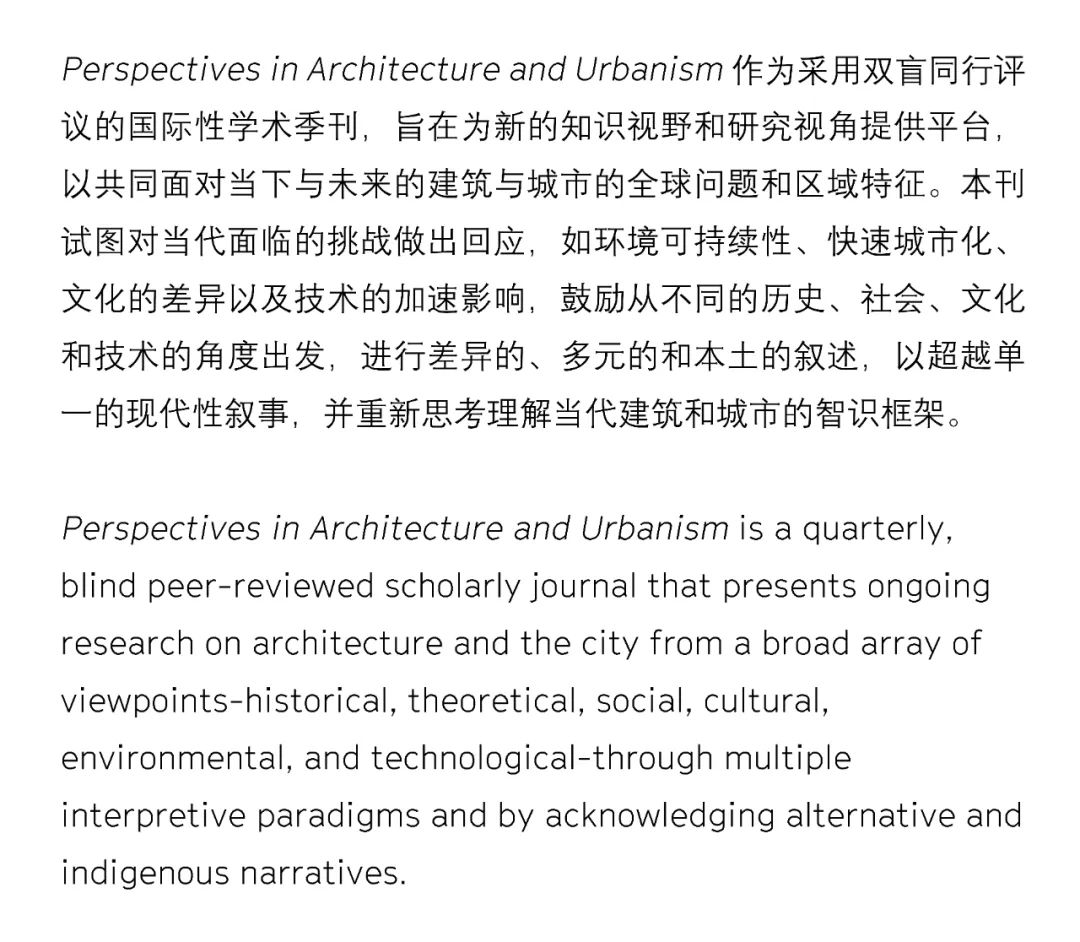
 ABOUT US
ABOUT US


